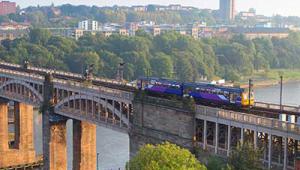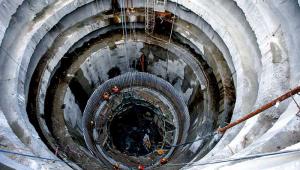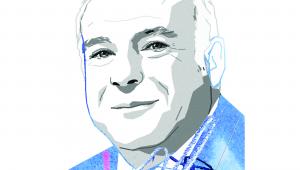In its latest analysis of spending levels, the think-tank found that, at present, per capita spending on transport in London is £1,500 more than for the North.
From 2016/17 onwards, Yorkshire and the Humber will receive £190 per head, the North East £220, North West £680 and London £1,940 per head for transport.
In the report, the think-tank also argued that Transport for the North should be granted similar powers as Transport for London, through which funding for proposed high-speed rail services between Northern cities could be routed.
It suggested the Treasury should create Northern infrastructure bonds, which would raise capital on the pensions market for major projects such as the proposed High Speed 3 rail project. This east-west line would be “key to rebalancing the UK economy post-Brexit,” by linking major Northern cities and boosting productivity.
Such financial instruments could also help Britain catch up with its international competitors, such as Germany, France and the US, many of which spend more on transport infrastructure. Partly, this is because greater freedoms exist in those countries to invest in overseas infrastructure, the report said.
The think-tank also cited a recent study of the North’s economic potential by John Cridland, chair of Transport for the North, which found that new investments including HS3 could unlock around £97bn and create 850,000 new jobs by 2050.
At the end of January, the government released its industrial strategy green paper, which pledged greater intervention in certain sectors. The prime minister Theresa May also restated her support for the Northern Powerhouse project, initiated by then-chancellor George Osborne, to which she promised an additional £556m.
IPPR North confirmed the North West appears to be benefiting from the scheme, and forecast the region would receive more spending per capita on transport (£680) than any area outside of London.
This could indicate that longer-term projects such as the M60 Quadrant and the Northern Hub were finally “coming to fruition”, it said.
Ed Cox, director of IPPR North, highlighted the issue was about more than just money. He urged government to hand power over transport decisions to the North and other regions.
He said: “We’re not asking for simple handouts, we’re asking for powers to finance [projects] ourselves as London currently does.
“There is a long, long way to go to rebalance the UK but these figures suggest we’re seeing the green shoots of the Northern Powerhouse idea being more than mere bluster.”
He added: “Britain is tasked with overhauling our economy after we leave the EU, and our report details how exactly we pay for this vital project – Northern prosperity is national prosperity.”



















